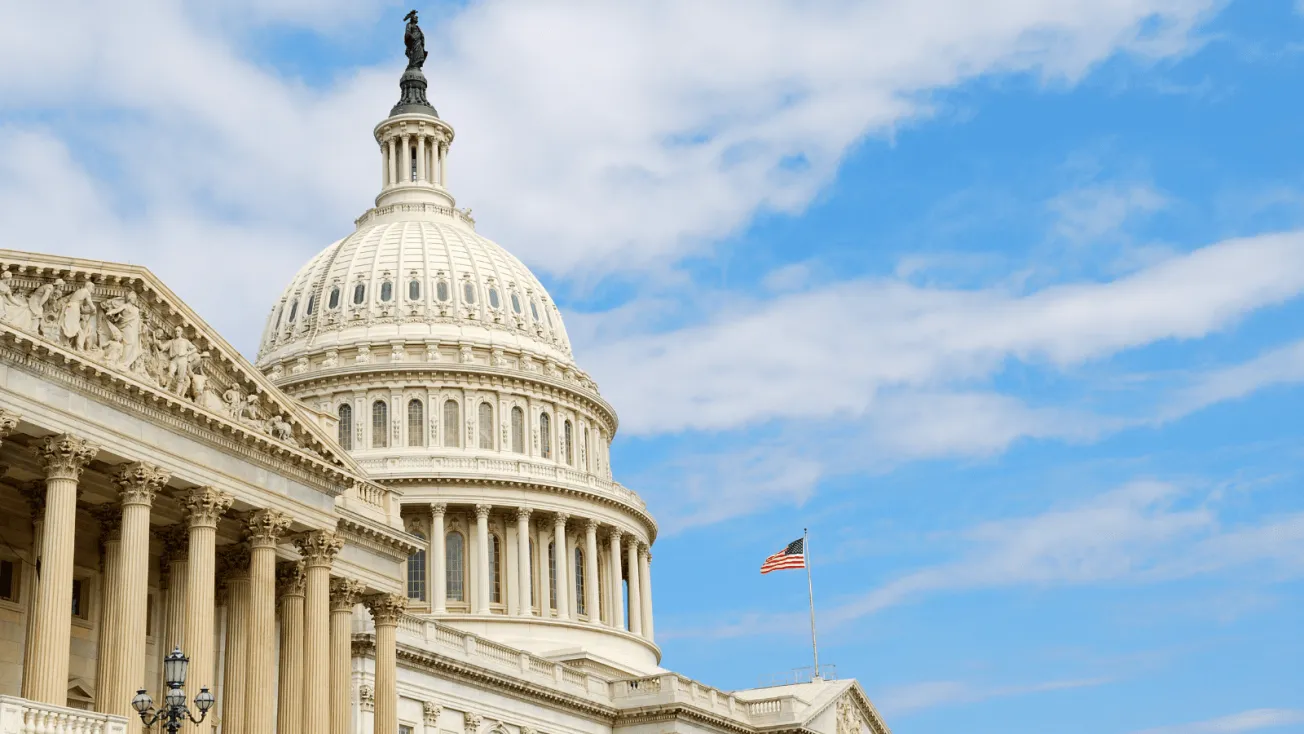The newfound willingness of executives to publicly discuss retail crime and its impact on consumers is a welcome development. Walmart CEO Doug McMillon is the latest in a series of industry leaders — a group that includes Andre Persaud, Rite Aid’s chief retail officer, and Target CFO Michael Fiddelke — to address the problem.
 “Theft is an issue,” McMillon said during a recent appearance on CNBC. “It’s higher than what it has historically been … If that’s not corrected over time, prices will be higher and/or stores will close.”
“Theft is an issue,” McMillon said during a recent appearance on CNBC. “It’s higher than what it has historically been … If that’s not corrected over time, prices will be higher and/or stores will close.”
The comments by McMillon and others shine a bright spotlight on a serious situation. Fueled by a surge in organized retail crime, shrinkage costs the industry almost $100 billion a year, according to National Retail Federation’s “2022 Retail Security Survey.” The study, conducted with the Loss Prevention Research Council, found that the average shrink rate in 2021 was 1.4%, resulting in losses of $94.5 billion, compared to $90.8 billion the prior year. That represents a substantial burden for discount, grocery and drug chains, which are focused on value and already operate on tight profit margins.
The fallout from retail crime is beginning to disrupt the shopping experience. Someone walking into a chain pharmacy in New York or another big city is likely to find at least some front-end products, including such household staples as aspirin, shampoo and even laundry detergent, under lock and key. In order to purchase them, customers have to seek assistance from a store associate, a process that takes time and results in frustration for both consumers and employees.
McMillon told CNBC that Walmart is taking steps to enhance security at vulnerable stores and working with law enforcement agencies to combat shrinkage. The efforts of local police and the retailers themselves are essential, but they are only part of the answer. The operator of a grocery store in Philadelphia recently recounted how thieves will load up a chart, look an employee straight in the eye and walk out the door because they don’t fear the consequences of the action.
Retailers must convince legislators and other elected officials to rethink the bail reform laws of recent years and enact measures that respect not only the rights of the accused but those of law-abiding citizens and businesses. Unless society as a whole adopts a commonsense approach to retail crime, consumers are sure to encounter higher prices and may have fewer places to shop.






